Authorized by the Prime Minister, Minister of Finance Nguyen Van Thang presented the Draft Law on Tax Administration (amended).
According to the Drafting Agency, after more than 5 years of implementation, the Law on Tax Administration has revealed a number of shortcomings, failing to meet the requirements of socio- economic development, digital transformation and not being consistent with many amended specialized laws.
Therefore, the development of the Law on Tax Administration (amended) aims to: Promote modernization and comprehensive digital transformation of Tax Administration with 3 pillars: facilitating taxpayers, improving management effectiveness and digitizing business processes; Overcoming shortcomings of the current Law, synchronizing with related laws; Cutting administrative procedures, reducing compliance costs, enhancing data sharing, inter-sectoral coordination; Promoting decentralization and delegation of authority; implementing online tax procedures throughout the process regardless of administrative boundaries, towards a single "one-stop shop" model; Strengthening inspection and strict handling of tax evasion; improving compliance levels; Perfecting the legal framework for tax administration with digital economic models, business households, and individual businesses after abolishing lump-sum tax, encouraging conversion to enterprises.
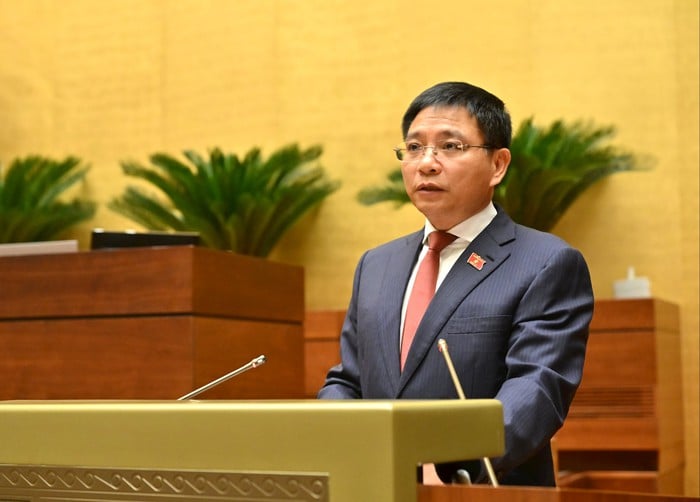
Minister of Finance Nguyen Van Thang presents the Draft Law on Tax Administration (amended). Photo: mediabaoquochoi
The mechanism of supplementing income for tax officials should not be linked to the requirement of "exceeding the budget revenue".
The report on the review of the Law on Tax Administration (amended) of the Economic and Financial Committee (KTTC) presented by Chairman of the KTTC Committee Phan Van Mai said that the draft Law supplements the provision that "When tax authorities organize the implementation of budget collection exceeding the estimate assigned by the National Assembly , they are allowed to arrange funds to supplement the income of officials not exceeding 01 time the salary fund".
Regarding this, the Economic and Financial Committee believes that there should be a regime of additional income for tax officials, similar to inspectors, officials working in law-making, officials in localities with special mechanisms, especially in the context that tax officials and civil servants are under great pressure at work due to new requirements in revenue management methods and the current restructuring of the apparatus.
However, the inclusion of this content in the Law currently does not have the necessary political basis because the Resolutions of the Party and the National Assembly have clearly stipulated the abolition of non-salary expenses of cadres, civil servants, and public employees originating from the state budget, etc. The Government's draft Law submitted to the National Assembly has not yet received comments from competent authorities on this content. Therefore, the Economic and Financial Committee recommends that the Government seriously implement the conclusion of the National Assembly Standing Committee on "seeking opinions from competent authorities before submitting to the National Assembly".
In addition, this mechanism should not be associated with the requirement of "over-budget revenue" to avoid chasing revenue targets when building budget estimates and not ensuring sustainability, stability and transparency.
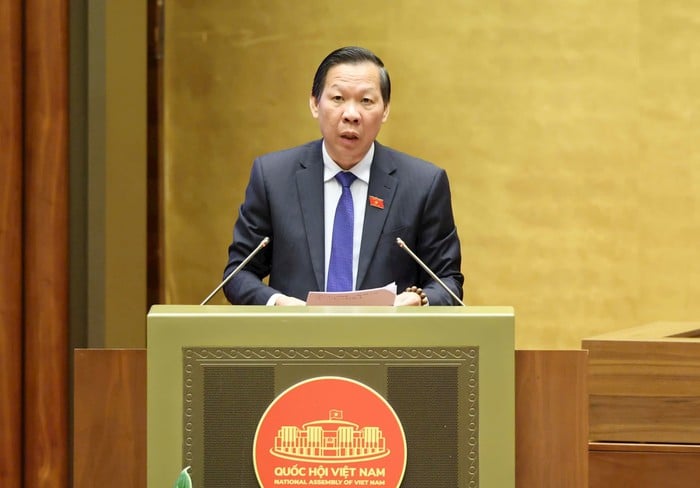
Chairman of the Economic and Financial Committee Phan Van Mai presents the report on the review of the Tax Administration Law Project (amended). Photo: mediabaoquochoi
Consider adjusting tax rates for business households/individuals
Regarding tax declaration, tax calculation, and tax deduction for business households and business individuals, according to the draft Law, business households/individuals will pay value added tax and personal income tax at a percentage rate and declare revenue according to invoices, instead of the lump-sum mechanism.
The Economic and Financial Committee pointed out that, in reality, the declaration of revenue based on invoices will be higher than the current fixed rates applied by business households/individuals. Accordingly, the tax burden (value added tax and personal income tax) of business households will change significantly when the collection rates remain unchanged.
Therefore, the KTTC Committee recommends that the Drafting Agency supplement specific impact assessment data on changes in tax obligations for business households/individuals. If necessary (if the change in declared revenue compared to the current fixed rates is too large), it is recommended to consider adjusting tax rates (in policy laws) so that the tax burden on related subjects is not too greatly affected, in accordance with the spirit of Resolution No. 68-NQ/TW and the goal of improving people's lives of the Party and State.
Consider applying for automatic tax refunds and tax exemptions
The draft Law adds provisions on tax refunds, tax exemptions, and automatic tax exemptions determined by the system.
The KTTC Committee believes that the draft content is still very sketchy and general, not ensuring clarity on: The basis and conditions for determining which cases are automatically implemented and which are not; The responsible entity in cases where the automatic implementation system has errors; Implementation time, scope of implementation, expected impact; The agency responsible for issuing detailed regulations and implementation instructions.
Therefore, the KTTC Committee recommends that the Drafting Agency clarify these issues and provide additional information assessing the feasibility and risk level of the system; thereby deciding on the scope of mass application or step-by-step piloting to avoid unforeseen systemic risks.
There is a policy to encourage consumers to get invoices.
The draft Law stipulates that 0.1% of the total value added tax will be deducted each year to encourage consumers to get invoices and reward consumers who report businesses that do not issue and deliver invoices.

The Economic and Financial Committee believes that it is necessary to have a policy to encourage the use of invoices. Illustrative photo
The policy to encourage the use of invoices is necessary; however, the draft content in this direction is not consistent with the Constitution's provisions that all revenue and expenditure of the state budget must be estimated; it is not consistent with the State Budget Law, this content belongs to the expenditure task of the state budget, so the provisions in the Tax Administration Law are not consistent.
In the context of increasing pressure on the budget, the Economic and Financial Committee recommends continuing to implement the policy of encouraging the use of invoices from the budget for propaganda and support for taxpayers as has been done in the recent past and requests the Ministry of Finance to pay attention to allocating sufficient funds for this source, ensuring transparent and effective use.
Source: https://phunuvietnam.vn/co-chinh-sach-de-khuyen-khich-nguoi-tieu-dung-lay-hoa-don-20251104111450304.htm



![[Photo] The road connecting Dong Nai with Ho Chi Minh City is still unfinished after 5 years of construction.](https://vphoto.vietnam.vn/thumb/1200x675/vietnam/resource/IMAGE/2025/11/04/1762241675985_ndo_br_dji-20251104104418-0635-d-resize-1295-jpg.webp)

![[Photo] Ca Mau "struggling" to cope with the highest tide of the year, forecast to exceed alert level 3](https://vphoto.vietnam.vn/thumb/1200x675/vietnam/resource/IMAGE/2025/11/04/1762235371445_ndo_br_trieu-cuong-2-6486-jpg.webp)
![[Photo] Ho Chi Minh City Youth Take Action for a Cleaner Environment](https://vphoto.vietnam.vn/thumb/1200x675/vietnam/resource/IMAGE/2025/11/04/1762233574890_550816358-1108586934787014-6430522970717297480-n-1-jpg.webp)
![[Photo] Panorama of the Patriotic Emulation Congress of Nhan Dan Newspaper for the period 2025-2030](https://vphoto.vietnam.vn/thumb/1200x675/vietnam/resource/IMAGE/2025/11/04/1762252775462_ndo_br_dhthiduayeuncbaond-6125-jpg.webp)


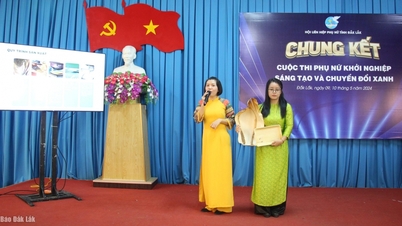



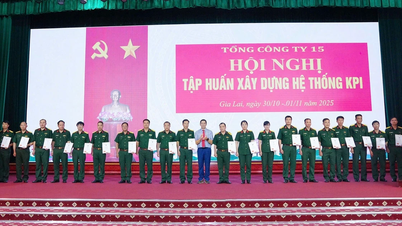


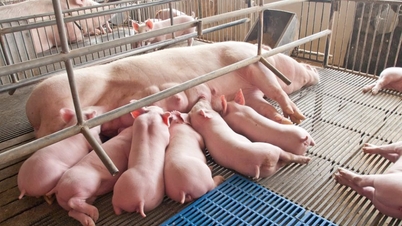

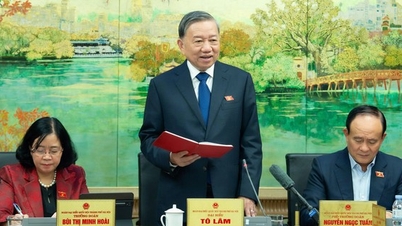
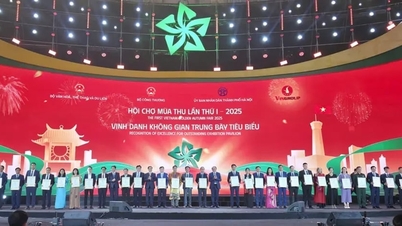











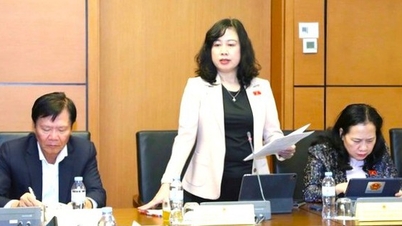
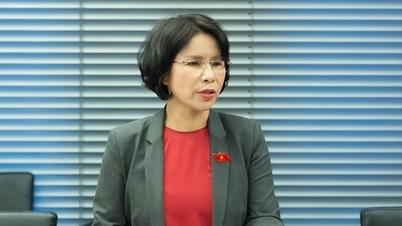

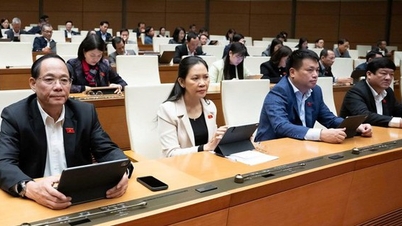
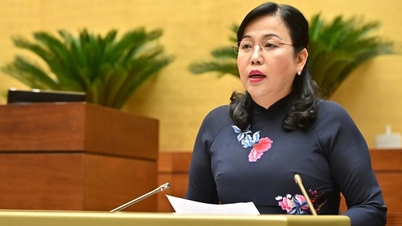
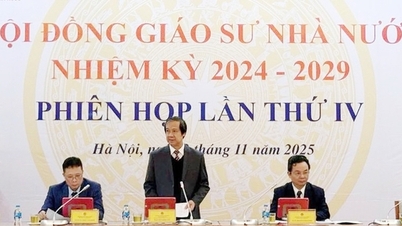




















































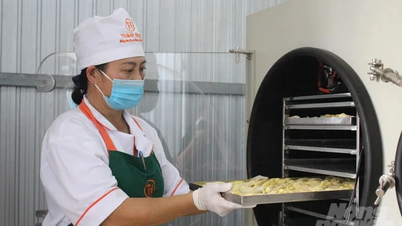













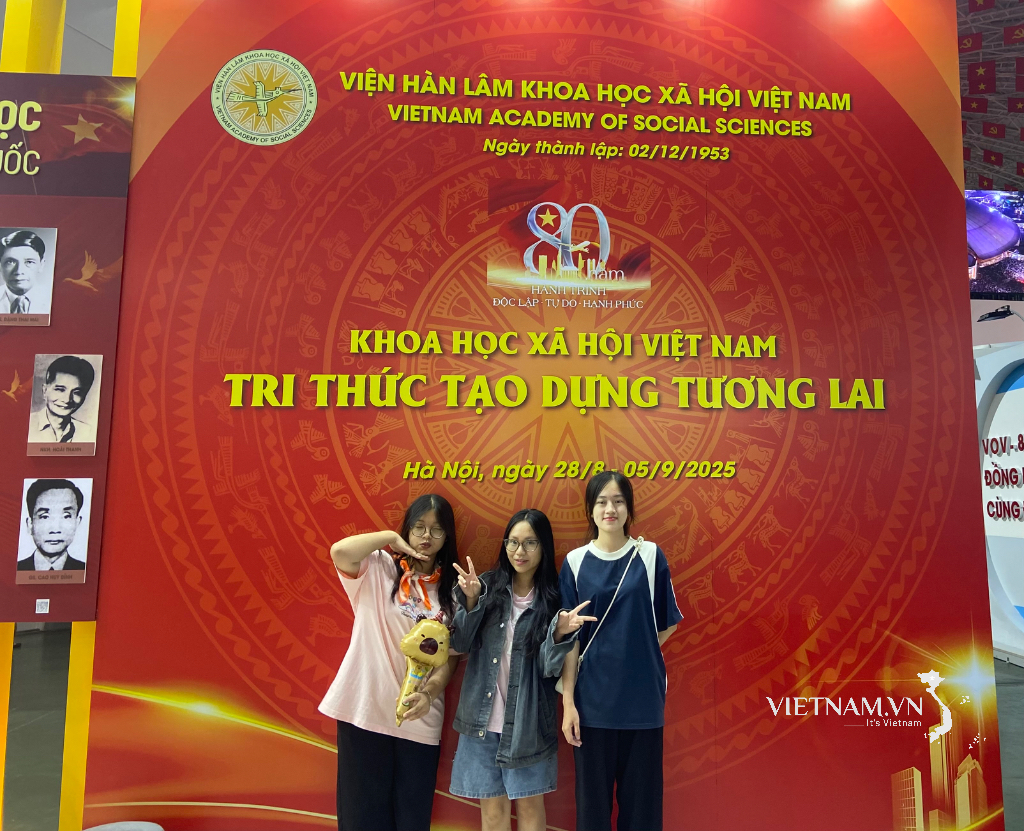


Comment (0)